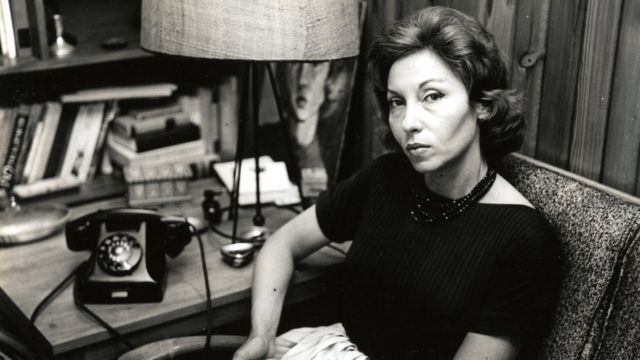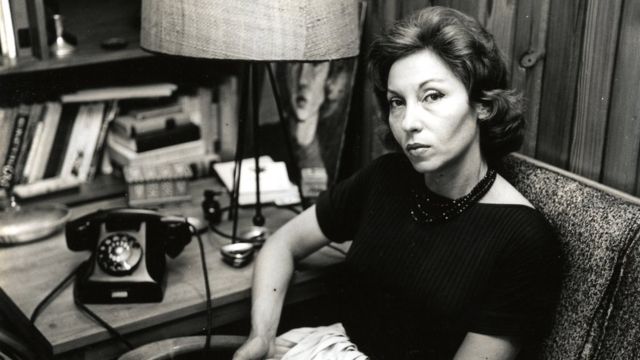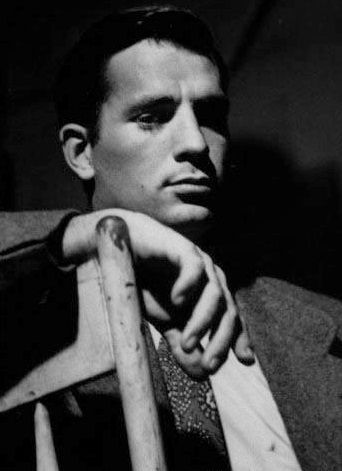
Love, by Clarice Lispector, follows the character Ana in the fatal outcome of her routine: in possession of the groceries that she bought at the market, the character heads towards her home; however, when contemplating a blind man chewing gum at a tram stop, Ana finds herself detached from the whole social, psychological, and spiritual web that, before, kept her life in apparent order.
The reader should pay attention to what is implied in the story: Ana, a character with the typical depth of Clarice’s female characters, finds herself trapped in different social roles (which we could very well call institutions). Such roles, of which the role of being a mother stands out, in a way shelters Ana from the “silent light of existence”, the essential rawness of the world. Writing in stream of consciousness, a method so dear to the Brazilian author, Clarice explores in this short story the dissolution of these institutions: an experience that is very similar to the satori of the Buddhist religion.
The blind man at the tram stop may well be the subject to a wide debate, regarding his symbolism: what did Ana see in the blind man? What does he represents? For the purposes of this review, and evidencing the author’s own interpretation, it should be clear: the blind man doesn’t matter. That trigger, in Ana’s life, could have occurred in any other situation: if Ana was contemplating the changing colors of the sunset; if she was awake amidst a night of insomnia; or even, if someday she accidentally hit her big toe in the doorway. The life that Ana led called for this sort of catharsis. It was about to happen, and the only symbolism in the story worth of being commented, is this: Ana was alone, returning to her family. In this transitional period, while she was contemplating the city through the tram window, she suddenly found herself embodied in her own individuality – and with it, faced existence in its rawest form, without breaking eye contact.
Ana then gets off the tram and walks around the city, in a mixture of confused feelings, which vary between finding her way back home and contemplating nature in the Botanical Garden. In the latter, Clarice describes a beautiful painting: the reader can see the landscape of the Botanical Garden with Ana’s eyes, now purified, too distant from her social role, only living to contemplate (and also suffer), in a state that Aldous Huxley would call “[the] blessed Not-I, released for a moment from my throttling embrace”.
However, Ana’s experience isn’t just flowers. The overwhelming contact with the nature of existence puts her in a fine line between beauty and existential crisis. Upon returning to her home, Ana, the mother, still detached from this primordial role, is faced with her son. And the question arises: “How to transmit safety to a child, when, in fact, there is no such thing as safety?”
Most of what is experienced by Ana, in fact, exists too far from the reach of language. It is only felt in its integrity by someone who faced the relentlessness and rawness of life, in its fullest form. All that can be said is that Clarice’s sensitivity, in Love, reaches a rare level: creating a story that seems to contain the synthesis of a primordial experience, which few could explain – but everyone, at different levels, can understand.


